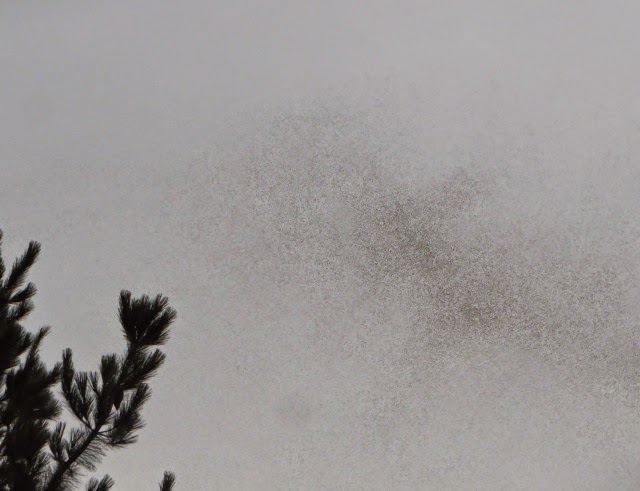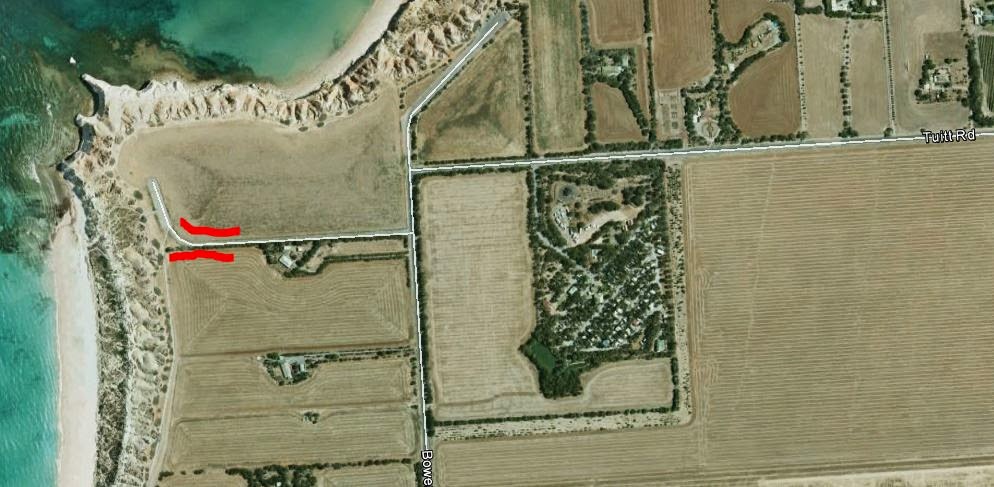Some more book reviews
I have been reading some light fiction, but none of it has been particularly noteworthy either in the sense of "You must read this!" or "Wotta crock." So this report is limited to the three non-fiction works I have recently perused.
This second volume continues on from that point and is mainly concerned with three themes:
"Working Class Man" by Jimmy Barnes:
I gave some commentary about Barnesy's first volume "Working Class Boy" in an earlier post. That was written before I'd finished it, but the second half of the book continued in the same vein. It finishes more or less as he heads off with Cold Chisel.This second volume continues on from that point and is mainly concerned with three themes:
- His career with Cold Chisel;
- Subsequent career as a solo artist: and
- Running across both of those, his marriage to Jane.
It isn't as desperate as the first volume, as the darkness described in this volume is much more one person descending into a personal abyss. His childhood was someone existing in a social environment forming an abyss.
I found it very interesting as many of the bands described are ones I know. The descriptions of the music business were also worth while. I suspect that if one isn't interested in popular music and /or doesn't like the writing style - use of phrases such as "I'll tell you about that later" matched with "I promised I'd explain this ." - you might well disagree with me.
There were a couple of flaws in the narrative.
- In his time with Cold Chisel he complains frequently about having no money. Shortly after going solo he has a huge house at Bowral and Jane has bought him a Ferrari but he doesn't explain how this is so. Since after going down the financial gurgler he still has enough money to go and live in a nice place in Southern France it can't all be due to living on credit.
- He doesn't mention the Choir of Hard Knocks at all, despite the TV program about the Choir suggesting he put in quite an effort with them. Perhaps it was a form of pennance he didn't wish to flaunt?
Given that he describes his daily diet at the lowest point as 3 bottles of vodka and several grammes of cocaine I guess it is amazing he could remember his name, let alone anything else!
Overall, I reckon this is well worth a read.
"Landmarks" by Robert Macfarlane
This is the second book I have read by this author and I am a tad surprised I didn't do a review of "The Wild Places" when I read it in 2014. In part that covered an area I knew very well (the Dengie Marshes)and I got a nice email from Macfarlane when I gave him a few anecdotes about the area.
In this book he writes about a wide range of landscapes in the UK (mainly) and people that have written about the landscape and the words used to describe ascribe the landscape. Each chapter concludes with a Glossary of the words he had recorded. He has added a postscript reporting another blokes work compiling a world wide Glossary: the entries under 'b' come out at 350 single spaced pages!
I used some samples drawn from Macfarlane's Glossary for some fun questions in a weather discussion:
- What single weather phenomenon is known as: aquabob (Kent), clinkerbell (Wessex); daggler (Wessex):Cancervell (Exmoor); ickle (Yorkshire); tankle (Durham); and shuckle (Cumbria)? (Answer icicle)
- The Scots of the Cairngorms have some nice weather-words: what is the meaning of "smored" (smothered in snow) or "roarie-bummlers" (rapidly moving clouds)?
Most of the people described are non-mainstream. This is possibly most obvious with a bloke who studies Peregrines in Essex UK. He lived in Chelmsford and it appears his study area was near Maldon - where I went to school. I would not have been surprised if he had lived somewhat more in the SW of the County (see red icon in this map).
The book is very well written, as one would hope from an academic at Cambridge UK and the topics, landscape and language, are of interest.
Even if you know nothing of the Old Dart's geography I'd rate this as very good.
Even if you know nothing of the Old Dart's geography I'd rate this as very good.
"Reporter" by Seymour M Hersh
One of our guidelines is that non-fiction by reputable journalists (which lets out anyone from the Murdoch caliphate) is generally going to be well written. This is an autobiography by an investigative reporter who specialised in dark and dirty deeds by the US Government. A dust jacket note is:
"Quite simply the best investigative reporter of his era." David Remnick, New Yorker.
As both Frances and I are huge fans of David Remnick we couldn't go past this. Hersh's biggest story was exposing the My Lai massacre in Vietnam, which won him a Pullitzer Prize. He also covers aspects of the doings of Tricky Dicky Nixon, the overthrow of Allende, CIA dirty tricks groups and the ABU Graib prison scandal. Reading his work on them gives great insight to the events described of which I was dimply aware but not in a detailed sense.
That also applies to his time as PR lead for the Eugene McCarthy Presidential campaign. The detail of why it all fell in a screaming heap is most interesting.
Weaving among all of this is a wealth of detail about how the US print media works (at least the respectable bits of it with particular emphasis on the New York Times and The New Yorker magazine). His description of his methods of getting stories and how he protected his sources - particularly in what George Smiley would refer to as "the cousins" is also very thought provoking.
I suspect his deepest dislike is for Dick Cheney. I don't think he had full exposure to Trump when writing this book but that is a gem to anticipate!
An excellent read for understanding US politics and media.




Comments